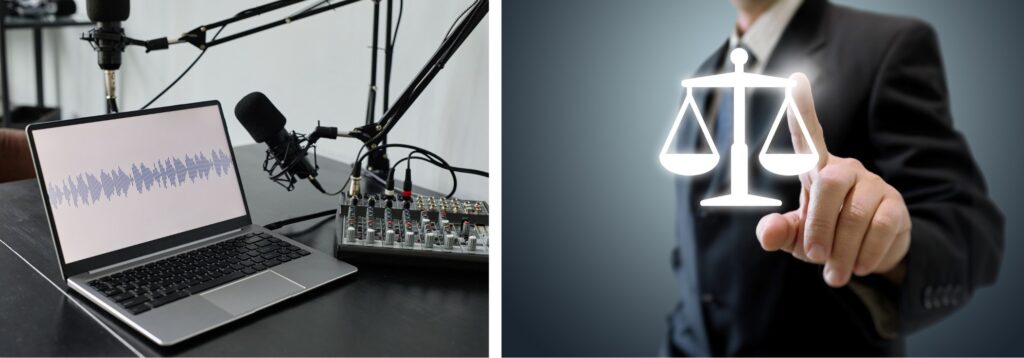Unfair Evidence in Labor Law: What are the Regulations?

A scene between an employee and an employer
An employee is called in to a meeting by his employer who asks him to submit his business activity declarations to them. The employee refuses, which he is accused of doing as part of his dismissal. During the labor court proceedings, the employer provides a transcript of a recording of the meeting (made without the employee’s consent) to prove the veracity of the former employee’s refusal.
A question
Can unfair evidence, obtained through a stratagem or by secret measures, be validly communicated during a labor court trial?

Two options
- The traditional position of the French Supreme Court’s Labor Chamber: under article L 1222-4 of the French Labor Code, the judge must automatically dismiss any unfair evidence gathered without the person’s knowledge through a maneuver or stratagem from the proceedings (Cass. Soc 17 March 2021 n°18-25.597);
- The position of the European Court of Human Rights: a secret recording must not be dismissed automatically. When the right of evidence comes into conflict with other rights and freedoms, such as the right to privacy, it is up to the judge to weigh them in favor of one or the other.
A reversal
The French Supreme Court’s Labor Chamber was frequently called upon to rule on the admissibility of evidence obtained by unfair means, litigants citing the European case law. It therefore decided to refer the question to the Plenary Session for a decision of principle. On December 22, 2023, this formal body of the French Supreme Court adopted the European case law, while providing a framework for it (Cass. Ass. Plén. n°20-20.648).
From now on, unfair evidence is no longer automatically dismissed.
On a case-by-case basis, and at the request of one party, the judge must:
- Weigh the right to evidence against conflicting rights, such as the right to privacy;
- Determine if this unfair evidence is indispensable because it is the only one available;
- Assess if the infringement of other rights is proportionate to the aim being pursued.

On January 17, 2024, the French Supreme Court’s Labor Chamber adopted its new position.
An employee had provided a secret recording of a meeting with staff representatives to prove the psychological harassment he was alleging. This recording had been rejected by the Court of Appeal on the basis of the previous case law.
The French Supreme Court upheld this rejection of unfair evidence but applied the European method.
In particular, it affirmed that the recording was not essential to support the employee’s claims, as he had other pieces of evidence of psychological harassment, of which had been a victim.
___________________________
Social law is a living law that is constantly changing. This is why Primexis, in collaboration with the law firm Dupard & Guillemin, provides you will regular support and answers your questions from the viewpoint of Payroll and Labor Law.


